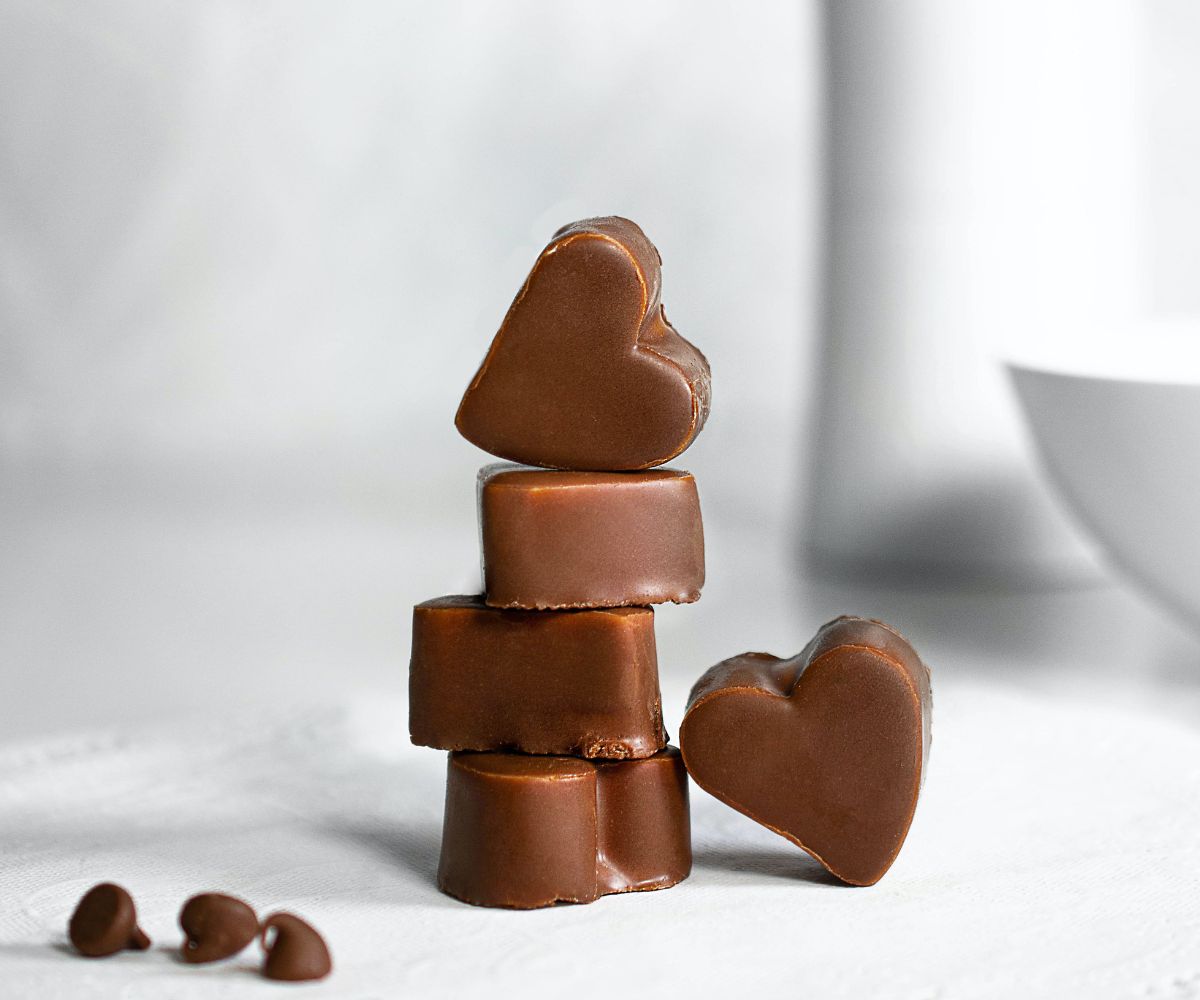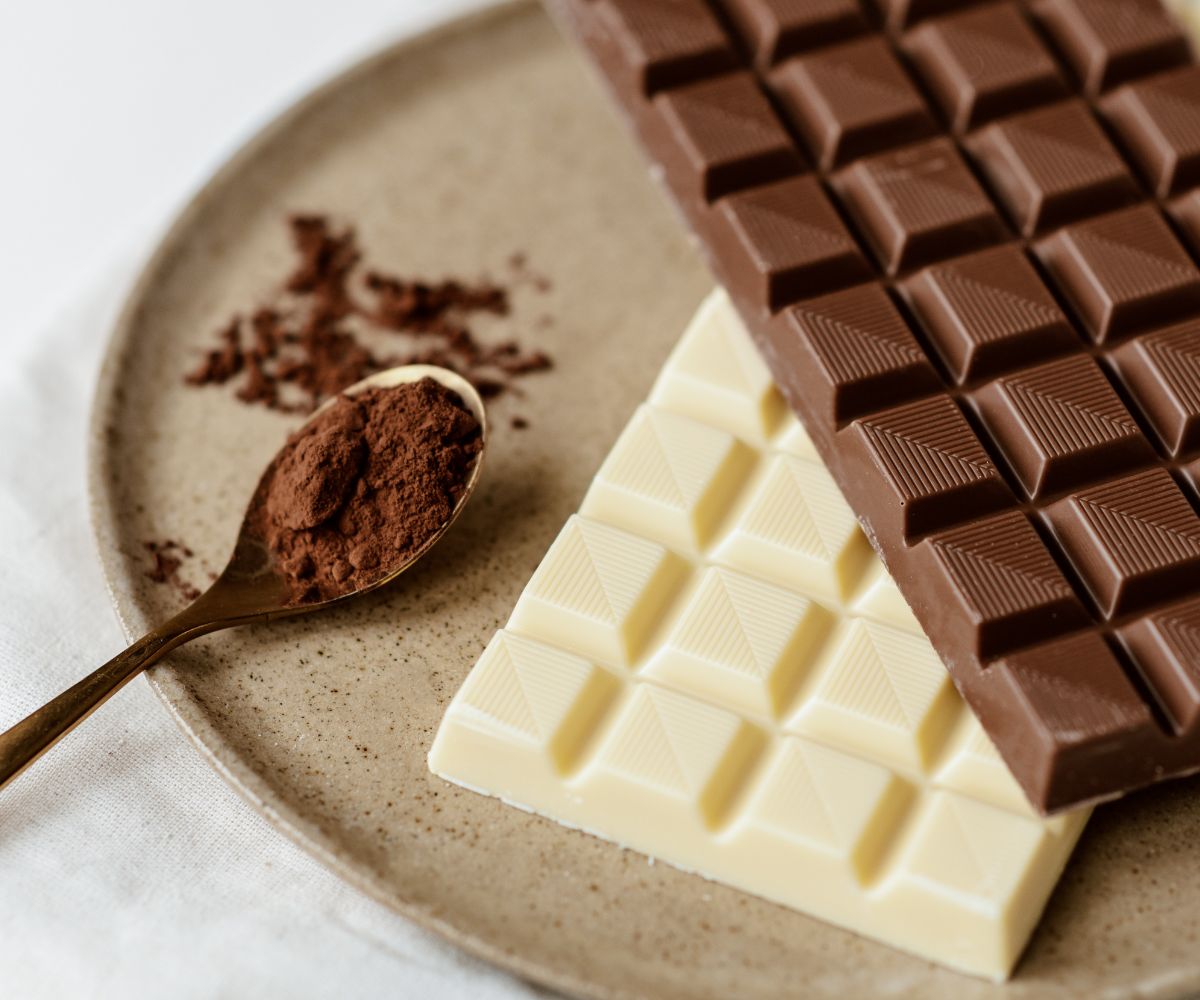Menu
-
-
Shop by Product
- Bestsellers
- Find Your Breed
- Closeout
-
- FREE SHIPPING ON ORDERS OVER $100
- Login

3 min read
Is Chocolate Poisonous for Dogs?
Of all the flavors that our history of culinary exploration has wrought as a species, one of the most delicious concoctions known to the human taste-bud has to be chocolate. Melted into a creamy drink, frozen as a crunchy shell or in it’s most basic, pure and simply delectable form, this dessert is one of the most classically decadent flavors. So what a torturous torment it is to think that we can’t share this flavorful wonderocity with our furry best friends. This begs the question: is chocolate really poisonous for dogs?

Why Chocolate is Poisonous to Dogs
Everyone has heard the cautionary tale “chocolate is poison for dogs.” But how on earth could something that’s so pleasing to the tongue and potable to people be poisonous for our pets?
The answer lies in an alkaloid by the name of Theobromine.
Theobromine: What is it?
It doesn’t reference someone jealously possessive of their brother Theo, but rather the cacao plant “Theobroma,” a type of cacao tree named after the Greek words theo - ‘god’ and broma - ‘food’ which in turn references the fact that chocolate is considered by some to be the food of the gods.
This alkaloid certainly contributes to the pleasure that consuming chocolate induces as it has a similar albeit milder effect on the human nervous system as caffeine. However in dogs, it can prove fatal if ingested in excess.
Dog’s digestive systems aren’t built to process theobromine and ingesting it can cause a toxic build up to occur. In addition to theobromine, caffeine is also toxic to dogs and is often found in chocolate, although in significantly lesser quantities.

What Amount of Chocolate is Poisonous for Dogs?
Despite the danger presented by these compounds, it’s unrealistic to expect that if your dog licks a snickers, you need to throw them into an ambulance and blow through red lights on your way to the emergency room.
While chocolate is toxic to dogs and can cause ill effects, even death in extreme cases, it can also have no discernible effect at all if only a small amount is ingested. It all depends on the size of the dog, the concentration of the toxic compounds in said chocolate, and how much the dog digested.
Larger dogs are safer to digest larger amounts of toxic substances due to the fact that the critical mass of toxins needed to have an effect on them is higher overall.
Additionally, not all chocolate has the same concentration of theobromine. Baker’s chocolate has a higher density while white chocolate has next to no theobromine at all.

A useful tool to use in case your pup gulped down some chocolate is the “chocolate toxicity calculator” found on vets-now.com. This tool shows that milk chocolate and white chocolate isn’t as dangerous as dark chocolate and baker’s chocolate, both of which have higher concentrations of theobromine.
If you’re worried your pup ingested too much chocolate, make sure to reach out to your vet for advice. Just know that a tiny bit isn’t likely to result in imminent doom.
All that being said, it’s never a good idea to purposely give your dog chocolate as it could endanger their health. Just know that if your large dog gets their paws on a small amount of milk chocolate, you likely won’t have too much to worry about.
It's Not Just Chocolate That's Poisonous for Dogs
In addition to chocolate, there are plenty of other great foods commonly found in the kitchen that are a bad idea to give to your dog. Here are 16 Common Foods That Could Harm Your Pup.
As responsible dog owners it's important to know what dangerous foods you have in the home so you can keep them out of reach from mischievous paws.
The availability of chocolate in the home at Halloween can be particularly tricky, as at that time there's copious amounts of candy, which can be hard to keep track of. But that’s just what we need to do! Stay vigilant and make sure to keep your pup’s health in mind and don’t let them snack on any human candy including but not limited to chocolate. You can dress your pup up as a Hershey’s kiss but just don't give them one to eat! Check out Halloween Dangers for Dogs: How to Keep Them Safe for more Halloween safety tips.

1 Response
Leave a comment
Comments will be approved before showing up.
Subscribe
Sign up to get the latest on sales, new releases and more …

Thomas Murawski
December 05, 2025
I’ve had numerous beagles who gotten into my wife’s supply of Valentines Day chocolates, and of course I panic when reading the generic information posted on the internet. Never has any of my beagles gotten sick. I never looked (or even heard of) for the toxicity calculator it makes sense. I’ll keep this in mind next time one of my dogs gets into chocolate so I don’t have a stress test !